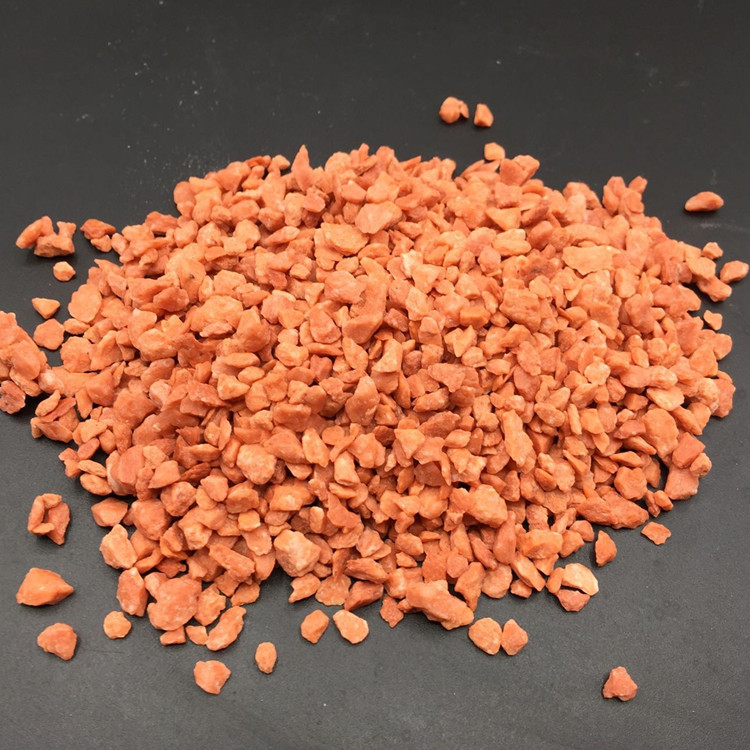
Nov . 18, 2024 02:15 Back to list
npks fertilizers
Understanding NP, PK, and NPK Fertilizers Boosting Crop Production
In the realm of agriculture, fertilizers play a crucial role in enhancing crop yields and ensuring food security for the growing global population. Among the various types of fertilizers available, NP (Nitrogen-Phosphorus), PK (Phosphorus-Potassium), and NPK (Nitrogen-Phosphorus-Potassium) fertilizers are some of the most widely utilized. Understanding the composition, benefits, and applications of these fertilizers is essential for farmers and agricultural practitioners aiming to optimize their farming practices.
What Are NP and PK Fertilizers?
NP fertilizers are primarily composed of nitrogen and phosphorus, two essential nutrients that contribute significantly to plant growth. Nitrogen is crucial for vegetative growth, promoting lush foliage and overall plant health. It is a fundamental component of amino acids, proteins, and chlorophyll. Phosphorus, on the other hand, plays a vital role in energy transfer and photosynthesis, aiding in root development and flowering. This combination is especially beneficial for crops in their early growth stages, where robust root systems and healthy foliage are critical for establishing strong plants.
PK fertilizers, as the name suggests, consist of phosphorus and potassium. Potassium is essential for regulating plant metabolism, including water uptake and enzyme activation. It contributes to disease resistance, drought tolerance, and overall fruit quality. By applying PK fertilizers, farmers can enhance the size and flavor of fruits and vegetables, making it particularly important for crops like tomatoes and potatoes.
The Importance of NPK Fertilizers
NPK fertilizers are comprehensive products that include nitrogen, phosphorus, and potassium, providing a balanced nutrient profile for crops. This trio of nutrients addresses multiple growth stages, making NPK fertilizers especially valuable in modern agriculture. They are formulated to meet the specific nutrient requirements of different crops and can significantly influence yield and quality.
The ratio of N, P, and K in NPK fertilizers is indicated on the packaging, such as 10-20-10 or 15-15-15. These numbers represent the percentage of each nutrient contained in the fertilizer. Understanding these ratios allows farmers to tailor their application methods based on soil testing and crop needs, ensuring optimal nutrient delivery.
Benefits of Using NP, PK, and NPK Fertilizers
npks fertilizers

1. Enhanced Yield The application of NP, PK, and NPK fertilizers has been shown to significantly boost crop yields. By providing the necessary nutrients, these fertilizers help plants grow healthier and more robust, leading to higher outputs.
2. Improved Soil Fertility Regular use of these fertilizers enhances overall soil fertility. They replenish essential nutrients that may have been depleted through continual farming, helping to maintain soil health over time.
3. Cost-Effectiveness While investing in fertilizers might seem like an added expense, the return on investment can be substantial through increased yields. Healthy crops are less susceptible to disease and pest problems, reducing the need for additional expenditures on pesticides and fungicides.
4. Adaptability Farmers can choose from a wide range of NP, PK, and NPK fertilizers tailored to specific crops and soil types, allowing them to address unique agricultural challenges effectively.
Considerations for Fertilizer Application
While NP, PK, and NPK fertilizers provide significant benefits, responsible application is key to sustainable agriculture. Over-application can lead to nutrient runoff, causing environmental harm such as water pollution and soil degradation. Therefore, farmers should conduct soil tests and follow recommended application rates to mitigate these risks. Furthermore, integrating organic matter and crop rotation into farming practices can enhance the effects of these fertilizers.
Conclusion
In summary, NP, PK, and NPK fertilizers play a pivotal role in modern agriculture. By understanding their respective benefits and applications, farmers can leverage these fertilizers to enhance crop production, improve soil health, and ultimately contribute to global food security. As the demand for food continues to rise, the responsible use of these fertilizers will remain a cornerstone of effective agricultural practices.
-
Premium 10 10 10 Fertilizer Organic for Balanced Plant Growth
NewsJul.29,2025
-
Premium 10 10 10 Fertilizer Organic for Balanced Plant Growth
NewsJul.29,2025
-
Premium 10 10 10 Fertilizer Organic for Balanced Plant Growth
NewsJul.29,2025
-
50 Pound Bags of 13-13-13 Fertilizer for All Plants – Bulk & Organic Options
NewsJul.28,2025
-
High-Efficiency 15-30-15 Granular Fertilizer for Healthy Crops
NewsJul.28,2025
-
15-30-15 Granular Fertilizer for Optimal Crop & Lawn Growth
NewsJul.27,2025
